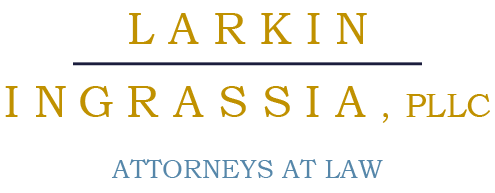“Do I Need to Talk to the Police?”
Most people at one point in their life have been approached by a law enforcement agent and questioned regarding a criminal matter which they may have witnessed or have knowledge. Sometimes this investigative process can feel more like an interrogation to the person being questioned. If you ever find yourself in a situation where you are a potential witness to a crime, it is important to know what your rights are so that you can protect yourself.
“What if I haven’t done anything wrong?”
It is natural to assume that if you are not guilty of any wrongdoing, no harm can come from answering an officer’s questions. Unfortunately, for some unlucky few this isn’t the case. While you may know exactly what happened, the police, who are often getting into the game late, are playing catch-up. In a situation where an officer arrives at the scene of an incident after the fact, they will often jump to an initial conclusion based on their first impression of what they observe without having all of the facts; in many cases that first impression may not be 100% accurate, or favorable. In a situation such as this, blindly supplying information without knowing if you are considered a target or simply a witness may reinforce an erroneous conclusion and do more harm than good.
Additionally, while a law enforcement agent may be contacting you for the first time, you have no way of knowing who that investigator has spoken to before he got in touch with you. As a witness, while you may not have any personal stake in the outcome of an investigation, it is also important that you are not made into a suspect by a culpable party who does have an interest in misleading law enforcement.
The above example assumes that you are a neutral observer. What if, however, you have done nothing wrong but you are concerned that someone whom you care about has put themselves in a compromising position?
“What should I say?”
Most people know that they have a Fifth Amendment right to remain silent and privilege against self-incrimination. Notwithstanding, what many may not be aware of is that you also have no obligation to incriminate others (with a few exceptions). If you are approached by police and questioned regarding an incident that you were a witness to, it is not illegal to refuse to answer questions. Likewise, you cannot be forced to serve as an agent of the police or act in a manner to aid an investigation, such as providing descriptions, names, phone numbers, etc. Furthermore, you also may not be compelled to provide a written statement of your observations (a deposition). This is equally true whether you are the sole witness to an incident or one of many.
If you are approached by police and are unsure whether to answer a question, the less-is-more approach is often preferable. In these situations, it is perfectly acceptable to respond to an inquiry, “Officer, I’m happy to help, but I would like my lawyer present before I answer any questions.” Once an individual invokes their Sixth Amendment right to counsel, police (and prosecutors) must cease their questioning and direct all further inquiries to that individual’s attorney. One of the benefits of conferring with counsel before you decide to respond to questioning by law enforcement is that you will have the opportunity to receive advice as to whether participating in the questioning is in your best legal interest, as well as that of any other relevant parties. An attorney is also in a better position to advise their client if their words or actions could unwittingly expose them to criminal liability.
It is simply not true that only guilty people hire attorneys. Although this common misconception certainly does make it easier for law enforcement to do their jobs, this is no consolation to the average citizen who may be taken advantage of by an unscrupulous police officer. When in doubt, there is no disadvantage in consulting with an attorney before making a decision; it is often easier to avoid potential harm at the outset rather than undue someone else’s mistake after the fact.
If you or someone you know are in need of legal representation contact us at 845-566-5345 or visit our website at www.845law.com

